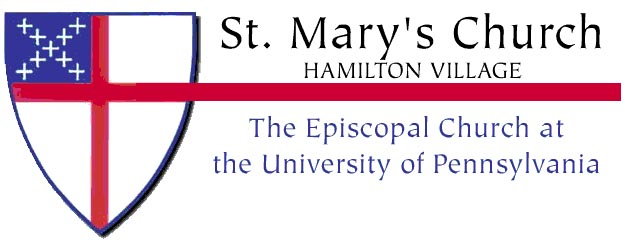In the secular world, Advent marks the beginning of a race to capture as many holiday dollars as possible. Retailers and manufacturers have been preparing for months in anticipation of shoppers annual search for the "perfect gift." Television is filled with ads promising that if you buy that gadget, gizmo, toy, or machine you'll put a smile on your loved ones face and create a holiday memory that will last a lifetime. The pressure is turned up even more as the news airs a parade of stories about the impact that holiday shopping has on our economy; all of them implying that if you don't spend you will doom us all to an eternal recession.
Every year these two messages seem to battle one another: Buy or Give. Let me be clear, I don't think we should abandon our custom of gift giving. It's fun and a great way to celebrate but we have to abandon the myth that objects bring happiness. Given our current economic crisis, many of us will have to deal with what it means to have a smaller less consumer oriented Christmas. That prospect can make the days and weeks that build up to Christmas seem like a sad and stressful time for those who have to cut back and for those that have put too much weight on the "buy" side of Christmas.
This year I would like to encourage all of our readers to try something new on the “give” side to add balance to your holiday or at least take some of the consumerism out of it. You could do something small, like organizing a Yankee Gift Swap or Secret Santa for your family or office. In addition, you could balance your spending by giving as much to charity as spend on gifts. If you're feeling really ambitious go bigger and give your time and not just your money. For more information and ideas check out this video and then visit the advent conspiracy website. One of our parishioners passed this site along, and I was truly impressed with the message and I hope you will be too.
From the desk of the Administrator
.jpg)
